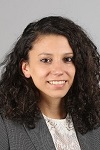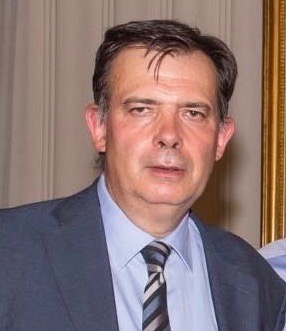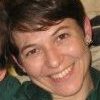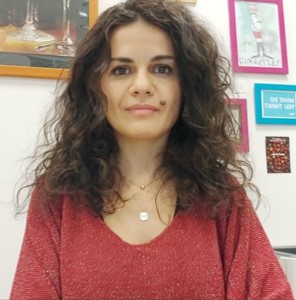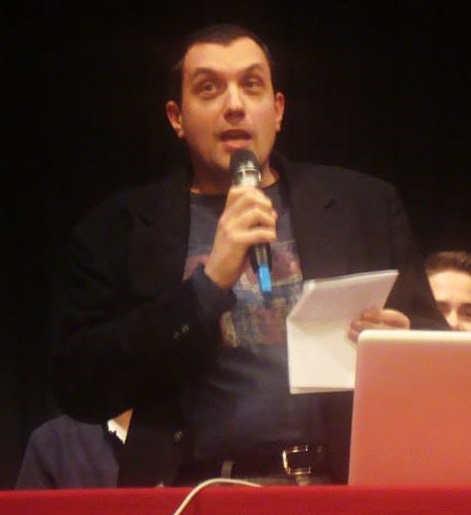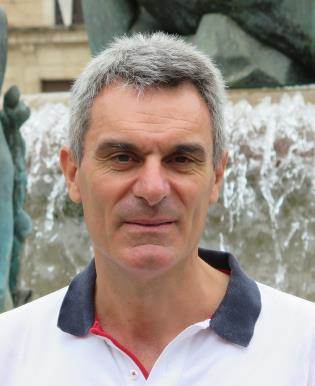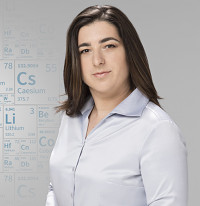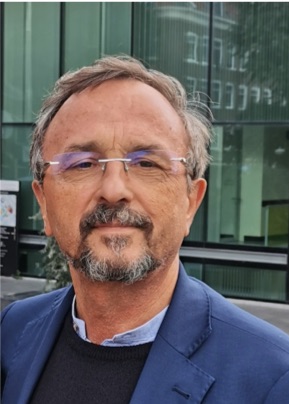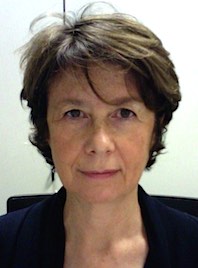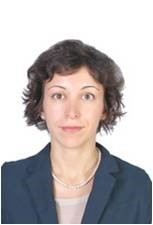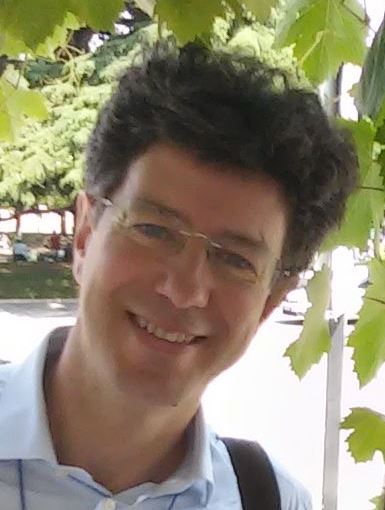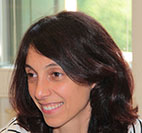Studying at the University of Verona
Here you can find information on the organisational aspects of the Programme, lecture timetables, learning activities and useful contact details for your time at the University, from enrolment to graduation.
Academic calendar
The academic calendar shows the deadlines and scheduled events that are relevant to students, teaching and technical-administrative staff of the University. Public holidays and University closures are also indicated. The academic year normally begins on 1 October each year and ends on 30 September of the following year.
Course calendar
The Academic Calendar sets out the degree programme lecture and exam timetables, as well as the relevant university closure dates..
| Period | From | To |
|---|---|---|
| I semestre | Oct 1, 2018 | Jan 31, 2019 |
| I semestre - 3° anno | Oct 29, 2018 | Jan 31, 2019 |
| II semestre | Mar 4, 2019 | Jun 14, 2019 |
| Session | From | To |
|---|---|---|
| Sessione invernale d'esame | Feb 1, 2019 | Feb 28, 2019 |
| Sessione estiva d'esame | Jun 17, 2019 | Jul 31, 2019 |
| Sessione autunnale d'esame | Sep 2, 2019 | Sep 30, 2019 |
| Session | From | To |
|---|---|---|
| Sessione di laurea estiva | Jul 19, 2019 | Jul 19, 2019 |
| Sessione di laurea autunnale | Nov 22, 2019 | Nov 22, 2019 |
| Sessione di laurea invernale | Mar 20, 2020 | Mar 20, 2020 |
| Period | From | To |
|---|---|---|
| Sospensione dell'attività didattica | Nov 2, 2018 | Nov 3, 2018 |
| Vacanze di Natale | Dec 24, 2018 | Jan 6, 2019 |
| Vacanze di Pasqua | Apr 19, 2019 | Apr 28, 2019 |
| Vacanze estive | Aug 5, 2019 | Aug 18, 2019 |
Exam calendar
Exam dates and rounds are managed by the relevant Science and Engineering Teaching and Student Services Unit.
To view all the exam sessions available, please use the Exam dashboard on ESSE3.
If you forgot your login details or have problems logging in, please contact the relevant IT HelpDesk, or check the login details recovery web page.
Should you have any doubts or questions, please check the Enrollment FAQs
Academic staff
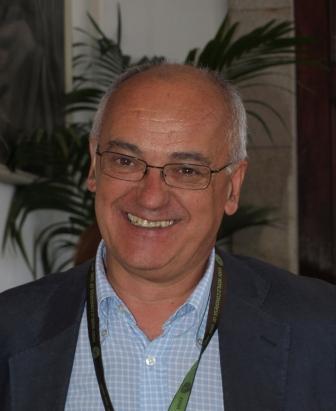
Boselli Maurizio
 maurizio.boselli@univr.it
maurizio.boselli@univr.it
 3478344185
3478344185
 lorenzo.meneghini@univr.it
lorenzo.meneghini@univr.it
 chiara.nardon@univr.it
chiara.nardon@univr.it
Sandri Marco
 marco.sandri@univr.it
marco.sandri@univr.it
Study Plan
The Study Plan includes all modules, teaching and learning activities that each student will need to undertake during their time at the University.
Please select your Study Plan based on your enrollment year.
1° Year
| Modules | Credits | TAF | SSD |
|---|
2° Year activated in the A.Y. 2019/2020
| Modules | Credits | TAF | SSD |
|---|
3° Year activated in the A.Y. 2020/2021
| Modules | Credits | TAF | SSD |
|---|
| Modules | Credits | TAF | SSD |
|---|
| Modules | Credits | TAF | SSD |
|---|
| Modules | Credits | TAF | SSD |
|---|
Legend | Type of training activity (TTA)
TAF (Type of Educational Activity) All courses and activities are classified into different types of educational activities, indicated by a letter.
Oenology I (2019/2020)
The teaching is organized as follows:
ANALISI SENSORIALE
Credits
6
Period
See the unit page
Academic staff
See the unit page
CHIMICA ENOLOGICA
Credits
6
Period
See the unit page
Academic staff
See the unit page
Learning outcomes
The aim of this course is to provide, across the three modules, detailed knowledge concerning
- chemical structure, reactivity and enological role of the main grape and wine constituents, as well as of the analytical method commonly employed for their analysis.
- principles of food technology for major winemaking operations
- theory and practice of wine sensory analyses, methodologies and data treatment. Characteristics of the wine industry and of the typical wines of different winemaking Italian and international wine regions. The course includes theoretical classes as well as tastings of selected wines.
Program
The course is developed across three modules. Each program is directly available at the specific webpage
Bibliography
| Author | Title | Publishing house | Year | ISBN | Notes |
|---|---|---|---|---|---|
| Trapani N. | Cultura e tecnica Enologica. Vol. 3 Stabilizzazione Imbottigliamento Vini Speciali | Enovitis | 2012 | 978-88-90-14334-2 | |
| Ribereau-Gayon | Trattato di enologia vol I e II (Edizione 3) | Edagricole | 2007 | 88-506-4770-0 | |
| Waterhouse, Sacks, Jeffery | Understanding wine chemistry | ||||
| Jackson, Ronald | Wine Science (Edizione 3) | Elsevier | 2014 | 978-0-12-381468-5 | |
| Nardin G., Gaudio A., Antonel G., Simeoni P. | Impiantistica enologica. Ciclo tecnologico di vinificazione e progettazione degli impianti | Edagricole-New Business Media | 2010 | 978-88-50-65124-5 | |
| Peri C e Zanoni B. | Manuale di tecnologie Alimentari Voll. 1,2 3 e 4 | CUSL Milano | 2003 | 9788881322213 | |
| Pompei C. | Operazioni unitarie della tecnologia alimentare | CEA | 2009 | 978-8-808-18342-2 | |
| R. P. Singh & D. R. Heldman | Principi di tecnologia Alimentare | Ambrosiana | 2015 | ||
| Carlo T. Lerici,Giovanni Lercker | Principi di tecnologie alimentari | CLUEB | 1983 | 9788880915317 |
Examination Methods
------------------------
MM: ANALISI SENSORIALE
------------------------
------------------------
MM: CHIMICA ENOLOGICA
------------------------
Oral exam to verify Knowledge of the topics discussed during theoretical and practical classes. Exam results are given in fractions of thirty. No distinction will be made between students attending/non attending classes.
------------------------
MM: OPERAZIONI UNITARIE
------------------------
------------------------ MM: Teoria ------------------------ Oral exam - Initially the student will be asked to discuss one of the topics of the course that he considered of the utmost interest. Afterwards, the lecturer will present a practical problem that may be faced in the real working life and will evaluate how the candidate will organize and utilize the scientific and technical skills acquired during the study to highlight a possible solution to the problem. In this way the student will be oriented to study for acquiring not a mere "theoretical knowledge" but a "practical" one. The student will be graded over a score of 30 points, being 18 the minimum score to pass the exam. No different evaluation modalities are planned for students who have attended or not the theoretical and/or the practical part of the course. ------------------------ MM: Esercitazioni ------------------------ Students are not required to take a specific exam for the practical part of the course. However, the acquired knowledge and skills will be evaluated within the oral exam set for the theoretical part of the course, taking into account the students’ capability to adapt and use in the real productive world the acquired theoretical knowledge and skills.
Type D and Type F activities
Modules not yet included
Career prospects
Module/Programme news
News for students
There you will find information, resources and services useful during your time at the University (Student’s exam record, your study plan on ESSE3, Distance Learning courses, university email account, office forms, administrative procedures, etc.). You can log into MyUnivr with your GIA login details: only in this way will you be able to receive notification of all the notices from your teachers and your secretariat via email and soon also via the Univr app.
Graduation
Attendance
As stated in the Teaching Regulations for the A.Y. 2022/2023, attendance is mandatory for practical and laboratory activities, unless otherwise determined by the Teaching Committee.
Documents
| Title | Info File |
|---|---|
|
|
pdf, it, 121 KB, 18/10/23 |
